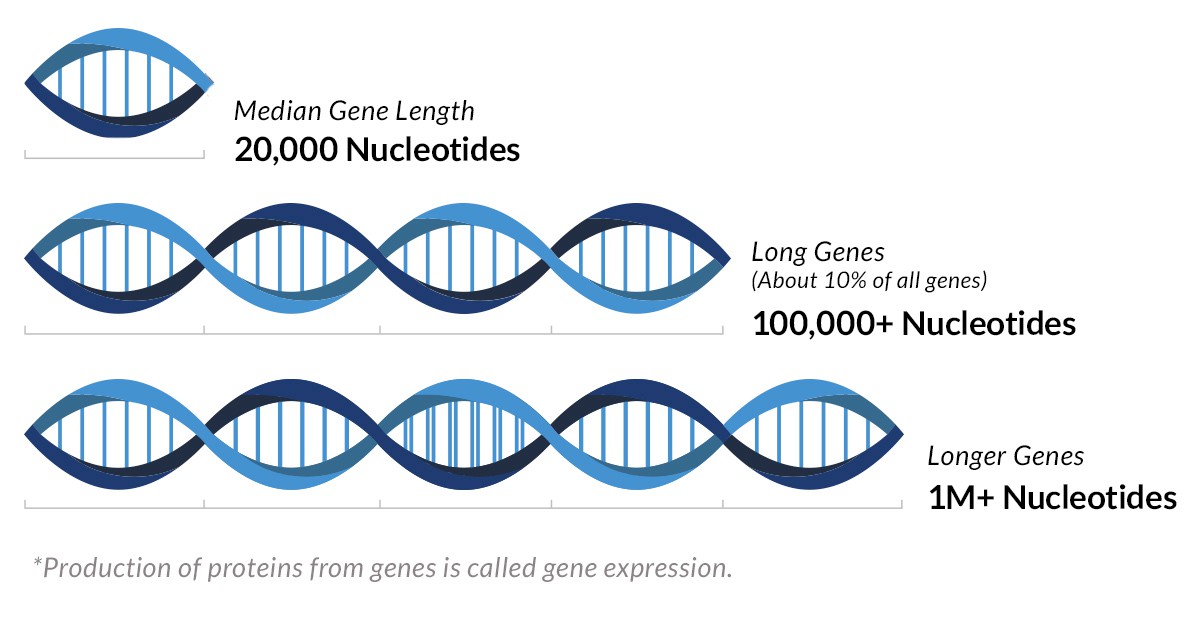RSRT Awards $400,000 to Mark Zylka for Long Genes Screening

In March of this year, the lab of Michael Greenberg at Harvard Medical School published data showing that the MECP2 gene lowers the expression of genes that are physically long. The scientists found that the MeCP2 protein acts as a dimmer switch, dampening the expression of long genes. When the MeCP2 protein is absent, as in the case of Rett, with no dimmer switch to regulate it, long gene expression goes up. This work suggests that drugs that can rebalance the expression of long genes might have therapeutic benefit in Rett.
Mark Zylka from the University of North Carolina at Chapel Hill, working independently on a non-Rett project, discovered that a class of drugs called topoisomerase inhibitors reduces the expression of long genes. Almost by accident, this raised the possibility that this class of drugs could be clinically relevant for Rett. One such drug is topotecan which is FDA approved for cancer. The Greenberg lab is now testing Topotecan in Rett mice models.
However, Topotecan may not be the ideal drug since it doesn’t get into the brain easily and would be toxic for long term use. As a result, RSRT has awarded Mark Zylka $400,000 to screen for other compounds that can rebalance expression of long genes safely.



